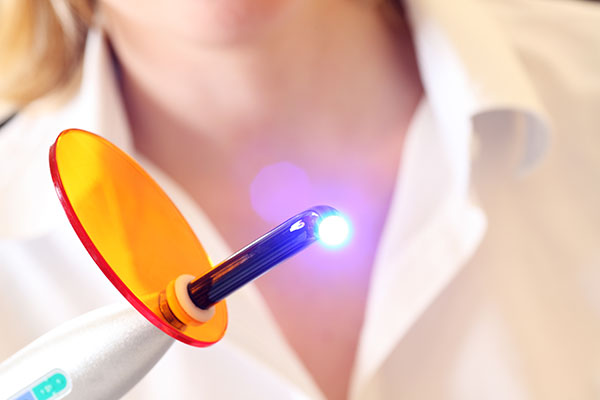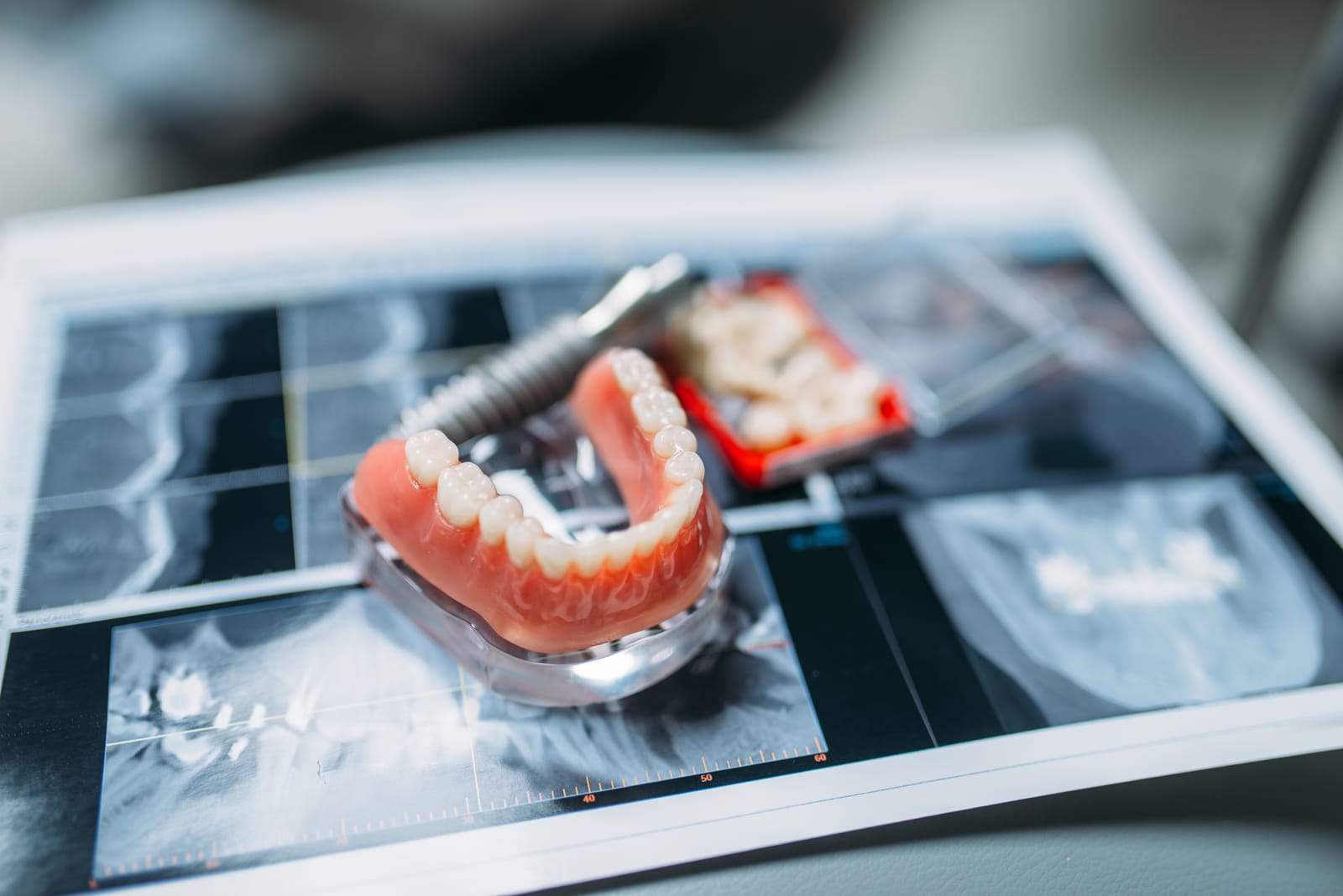4 Benefits of Laser Dentistry for Gum Disease

Changes in periodontics, the field of gum health management, have introduced
laser dentistry as a treatment option for periodontal disease. Commonly called gum disease, periodontal disease is a complex disorder in which inflammation causes the gums to pull away from the teeth. This forms periodontal pockets. Bacteria and plaque are found in these pockets, and when the plaque hardens, it turns into a tenacious substance called calculus. The calculus cannot be removed by the patient and requires special gum treatment.
Without treatment, the harmful bacteria and plaque eat away at the jawbone supporting the teeth, which eventually leads to tooth loss. However, many cases of the disease can be dealt with effectively. Early detection is important in gum disease management. With new advancements, though, some dentists choose to treat early and advanced stages of this disease with
laser dentistry.
Benefits of laser treatment for gum disease
Dentists sometimes use a procedure known as scaling and root planing to treat gum disease, in which the teeth and gums are deep-cleaned. Laser treatments can improve the efficacy of this procedure. The goal is to clean out irritants that are causing inflammation and to stabilize the patient’s gum health.
1. Removal of harmful bacteria
There are many types of bacteria involved in periodontal disease, and if the bacteria are not eliminated, they can continue to wreak havoc on the patient’s gums. Instruments in
laser dentistry seek to kill these harmful bacteria and disrupt the environment created by these microbes.
2. Removal of local irritants
The hard substance called calculus or tarter that forms beneath a patient’s gums becomes a reservoir for harmful plaque and bacteria to attach to. When effectively removed, the destructive bacteria no longer have a surface to cling to and the gums can begin the healing process.
3. Reduction of periodontal pockets
Periodontal pockets are formed when the gums pull away from a patient’s teeth. When these pockets become deep enough, the patient cannot effectively clean around the teeth and gums. A dental laser can help reduce these pockets, making the patient’s brushing and flossing habits more effective.
4. Avoidance of periodontal surgery
Periodontal surgery involves opening the patient’s gums with surgical instruments, cleaning the pockets and root surfaces and stitching the gums back together. While effective, this procedure has a much longer healing time than periodontal laser therapy. Patients often prefer the laser therapy due to it being less invasive while still effective.
Conclusion
Periodontal treatment procedures have made many advancements in the last few years, and patients are now able to enjoy the benefits of dental laser therapy for gum disease treatment as well. While this procedure may not be an option for everyone, there are many patients who are able to manage gum disease with this method along with routine dental care. When a patient is diagnosed with periodontal disease, they can consult with a dentist to find out if this procedure would benefit them.
Request an appointment here: https://www.stgeorgedentalcare.com or call St. George Dental Care at (435) 628-9099 for an appointment in our St George office.
Check out what others are saying about our services on Yelp: Read our Yelp reviews.
Recent Posts
Losing teeth can feel overwhelming. Besides the pain and discomfort, there's also the worry about your appearance and ability to eat normally. Traditional dentures require multiple appointments spread over weeks or months. But what if you could walk out of your dentist's office with a complete set in a single day?Dentures in a day make…
Having a sensitive sense of smell can be both a blessing and a curse, as nothing disrupts personal comfort more than an unpleasant odor emanating from your mouth. A common concern for dental patients is the distinct and often embarrassing "rotten tooth smell." Understanding its causes, implications, and the appropriate remedies is crucial for maintaining…
Brushing your teeth is essential for maintaining a healthy, beautiful smile, and using an electric toothbrush takes oral hygiene to the next level. At St. George Dental Care, located in St. George, UT, we're passionate about helping our patients maintain optimal oral health through modern dental practices and expert advice. Electric toothbrushes are revolutionizing dental…
When it comes to maintaining your dental health, understanding the professionals who provide care can make all the difference in your experience. The terms "dentist surgeon" and "dentist" are often used, but many people don't fully grasp the distinctions between them. Are their education, scope of practice, and services they provide the same? Which should…


